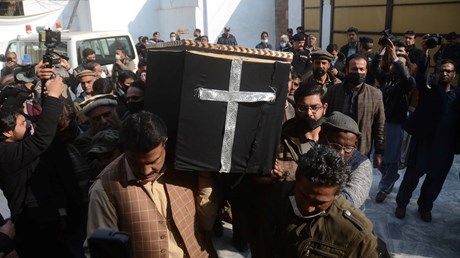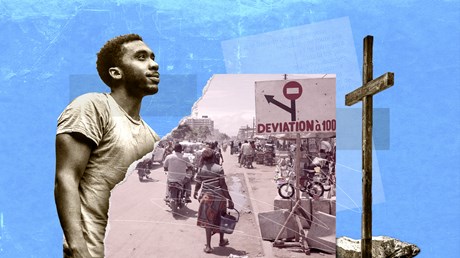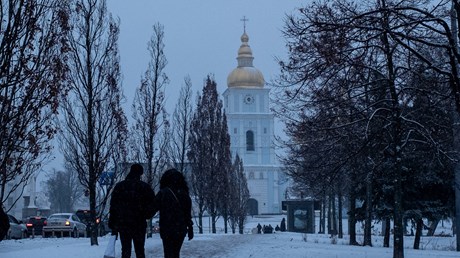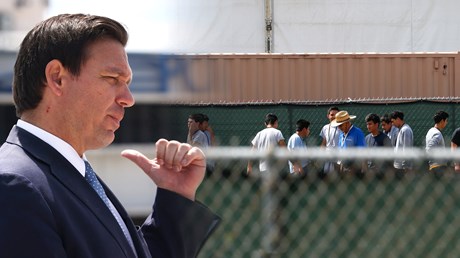The leader of three Protestant parishes was killed in the incident, which one police official labeled a terrorist attack.

A Church of Pakistan lay pastor was gunned down and a priest wounded by unknown assailants as the leaders drove home from a worship service on Sunday in the northwestern Pakistan city of Peshawar, where Christians had suffered their deadliest attack in the country’s history nearly a decade earlier.
Church of Pakistan Bishop of Peshawar Humphrey Peters said that William Siraj, 75, was shot and died instantly in the ambush in the Gulbahar neighborhood, while Patrick Naeem, 55, sustained a bullet wound but was in stable condition. A third church leader in the car was unharmed, he said.
The Protestant church leaders were returning from All Saints Church parish when two gunmen riding a motorcycle intercepted their car and opened fire on them, Peters said.
“Siraj received one bullet in the forehead and one on the arm and died instantly, while Rev. Naeem received a bullet wound in the hand,” he said. “It’s a miracle that Rev. Naeem and another priest escaped the volley of bullets.”
The assailants fled the scene unchallenged, according to witnesses, Peters said.
Siraj was a senior lay leader and led worship at three different parishes while Naeem was the priest of the All Saints Church parish, Peters said.
“Siraj had lost his son-in-law in the gun-and-bomb attack on Peshawar’s All Saints Church in 2013, in which over 70 worshippers were killed and 100 others were wounded,” Peters said. “He is survived by his wife, a son, and a daughter. This is a very tragic loss for our church.”
The church leader said that security agencies had issued no terror alerts for the area since the Christmas season.
“The last time we were notified about a security threat was during Christmas ...
from Christianity Today Magazine https://ift.tt/WQXphJD8I






